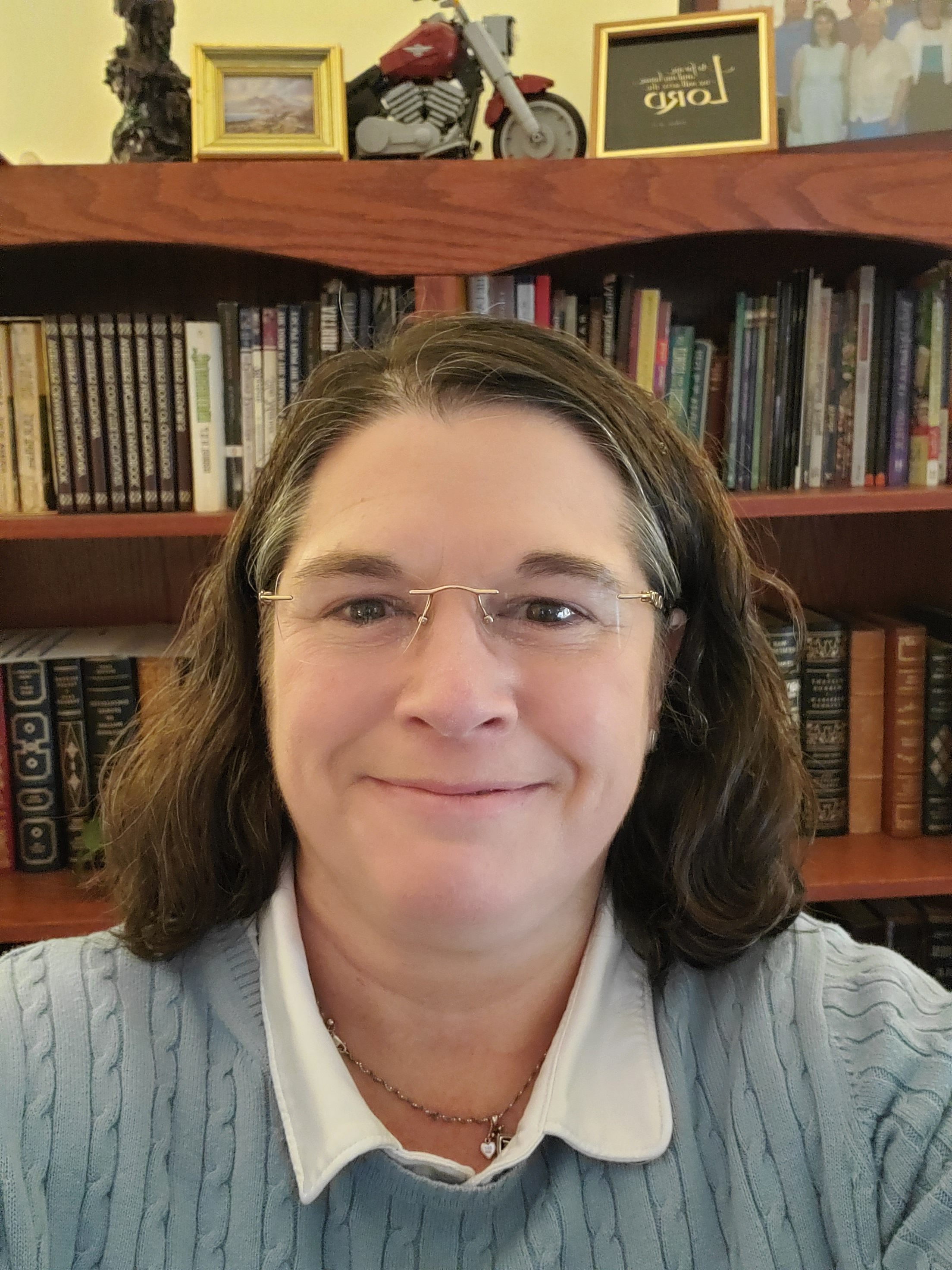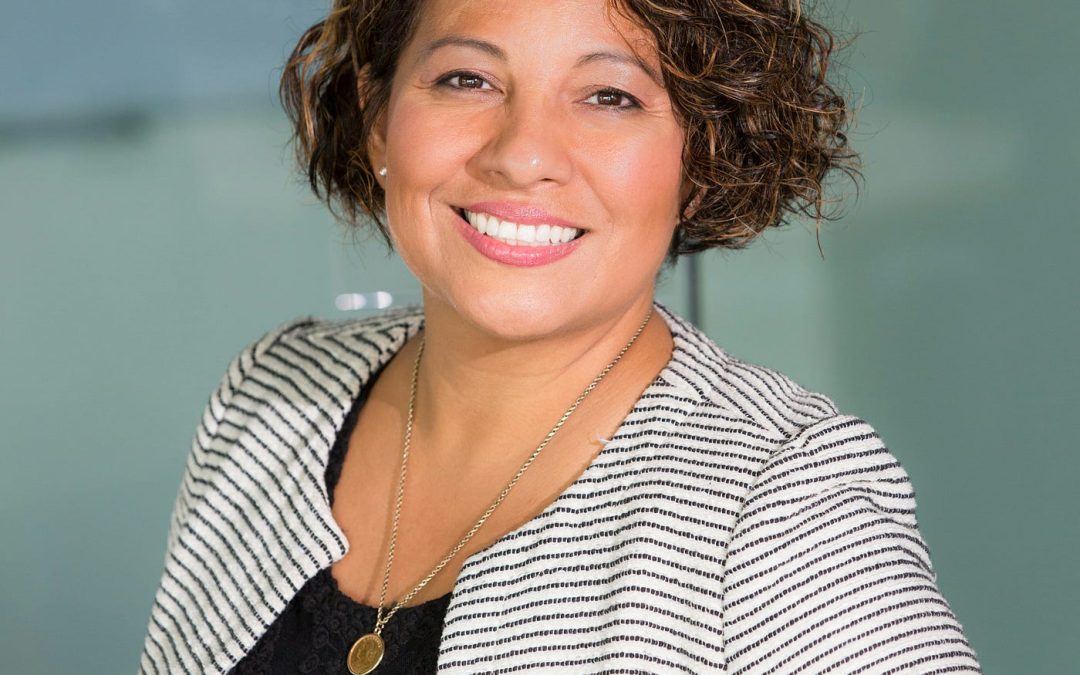Introduction
As leaders, many of us are driven by a deep desire to make a positive impact and support those around us. However, for those of us navigating the challenges of Complex Post-Traumatic Stress Disorder (CPTSD), our journey as leaders can be significantly more complex. CPTSD, often stemming from prolonged exposure to traumatic experiences, can profoundly affect our leadership style, decision-making, and relationships with those we lead.
The Challenges of Leading with CPTSD
One of the most significant challenges of leading with CPTSD is the constant battle with our own emotional regulation. We may find ourselves struggling to maintain a sense of calm and stability in the face of triggers, which can lead to reactive responses or emotional outbursts. These moments of dysregulation can be confusing and unsettling for those we lead, eroding trust and creating an atmosphere of uncertainty.
Another challenge is the difficulty in forming and maintaining healthy boundaries. As leaders with CPTSD, we may struggle to assert ourselves, set clear expectations, or say “no” when necessary. This can lead to overextending ourselves, taking on more than we can handle, and ultimately experiencing burnout.
Additionally, CPTSD can impact our ability to build and maintain trust in our relationships with those we lead. Past traumatic experiences may cause us to be hypervigilant, constantly scanning for potential threats or signs of betrayal. This heightened state of alertness can make it challenging to foster open, collaborative relationships built on mutual trust and respect.
The Impact of Unhealed CPTSD on Leadership
Moreover, unhealed CPTSD can manifest in leadership styles that prioritize control and perfectionism. We may find ourselves micromanaging, setting unrealistic expectations, or being overly critical of ourselves and others. This approach can stifle creativity, innovation, and the growth of those we lead, ultimately hindering the success of our teams and organizations.
Unhealed CPTSD can also lead to a lack of self-awareness and difficulty in recognizing our own emotional states and triggers. This can result in projecting our own unresolved trauma onto those we lead, creating a toxic work environment characterized by fear, anxiety, and mistrust. In such situations, our team members may feel unsupported, unheard, or even blamed for their own emotional struggles.
Furthermore, when we are not actively working on our own healing, we may unintentionally perpetuate cycles of trauma within our organizations. Our unresolved pain can manifest in unhealthy communication patterns, inconsistent expectations, or a lack of emotional attunement to the needs of our team members. This can create a culture of walking on eggshells, where people feel unable to speak up, take risks, or bring their whole selves to work.
The Importance of Healing
It’s crucial to recognize that as leaders with CPTSD, our own healing journey is not separate from our leadership journey — they are inextricably linked. By continually working on our own healing, we can show up as more grounded, empathetic, and resilient leaders. This work may involve therapy, mindfulness practices, self-care routines, and a commitment to ongoing personal development.
Proactive Steps for Leading with CPTSD
As we navigate the path of healing, we can also take proactive steps to support ourselves and those we lead:
1. Practice self-awareness: Regularly check in with ourselves, acknowledging our triggers, emotions, and responses. This awareness can help us make more intentional choices in our leadership approach.
2. Prioritize self-care: Engage in activities that promote our physical, emotional, and mental well-being. By modeling self-care, we encourage those we lead to do the same.
3. Cultivate a growth mindset: Embrace challenges as opportunities for growth and learning, both for ourselves and those we lead. Encourage a culture of feedback, collaboration, and continuous improvement.
4. Lead with vulnerability: When appropriate, share our own struggles and journey with CPTSD. This vulnerability can foster a culture of openness, empathy, and psychological safety within our teams.
5. Seek support: Surround ourselves with a network of trusted mentors, colleagues, and mental health professionals who can provide guidance and support along our leadership journey.
Journaling and Self-Reflection
As we reflect on our path as leaders with CPTSD, consider these questions for journaling and self-reflection:
- What aspects of my CPTSD have the most significant impact on my leadership style? How can I work to mitigate these challenges?
- In what ways can I prioritize my own healing journey while still showing up fully as a leader?
- How can I cultivate a leadership approach that is grounded in empathy, resilience, and growth?
- What support systems do I need in place to thrive as a leader with CPTSD?
Conclusion
Remember, our journey as leaders with CPTSD is not about perfection but rather about growth, healing, and showing up authentically for ourselves and those we lead. By embracing this journey with courage and compassion, we can create a ripple effect of positive change in our lives and the lives of those we serve.
Resilient Career Academy Group Coaching Membership: Open Enrollment is 4 June — 13 June 2024. Click HERE for more information.
An Invitation
If you’d like to join an online community of other resilient overcomers focusing on their careers, I invite you to join The Resilient Career Academy™ Community. (RCA Community)
The RCA Community is a group dedicated to helping/supporting those working to overcome adversity and achieve their full potential in their careers.
The benefits to you are:
Community — The community provides support, encouragement, the ability to share frustrations and get feedback from people who understand the struggle
Workplace/Career Resources — The group provides tools, resources, and templates to help you with your career journey
Available Coaching Support — The community is supported by trained and certified coaches who are available for individual sessions
Learning — You will have access to various trauma/workplace-related online courses developed by our coaches to help you in your journey
Workshops/Webinars — You will have access to practical workshops/webinars targeted to help you in the workplace grow your career
If you are interested in joining us, click here: https://resilientcareeracademy.myflodesk.com/community
As always, you do not have to walk this journey alone. Contact me to schedule your free discovery call.
Trigger Tracker Template — T kplace and plan the coping strategies you will use to get through the experience.
Get on the waiting list for The Resilient Career Academy™. You won’t want to miss it.
If you want to stay informed on the programs, tools, and training I offer, sign up for my mailing list.
You can also visit my website for more information on courses and other freebies I offer at: https://www.cyndibennettconsulting.com.
Photo by Christina @ wocintechchat.com on Unsplash

Believer. Leader. Learner. Advocate. Writer. Speaker. Coach. Mentor. Triathlete. Encourager. Survivor.
Most of all, I am a fellow traveler on the rocky road called, Trauma Recovery. My mission is to minimize the effects of trauma for survivors in the workplace.





Gerard Egan, in his book on leadership said that leaders should seek supervision from their team. The initial feedback will be “you are the boss, you are excellent “ but as they slowly learn there will be no negative kickback they can give very valuable feedback
Egan says that they are In The best position to know the impact of your leadership/(team facilitation) and if you expect them to be mature enough to consider your suggestions then they have the same right to such expectations of you. I read it many years ago so it may not be exactly what he said.
Your article is useful and clearly written thx